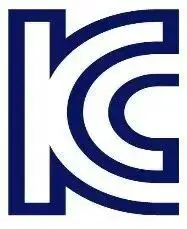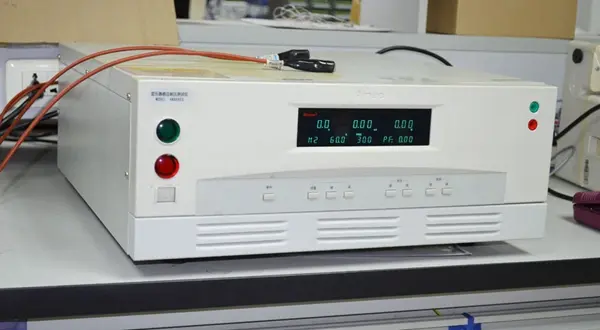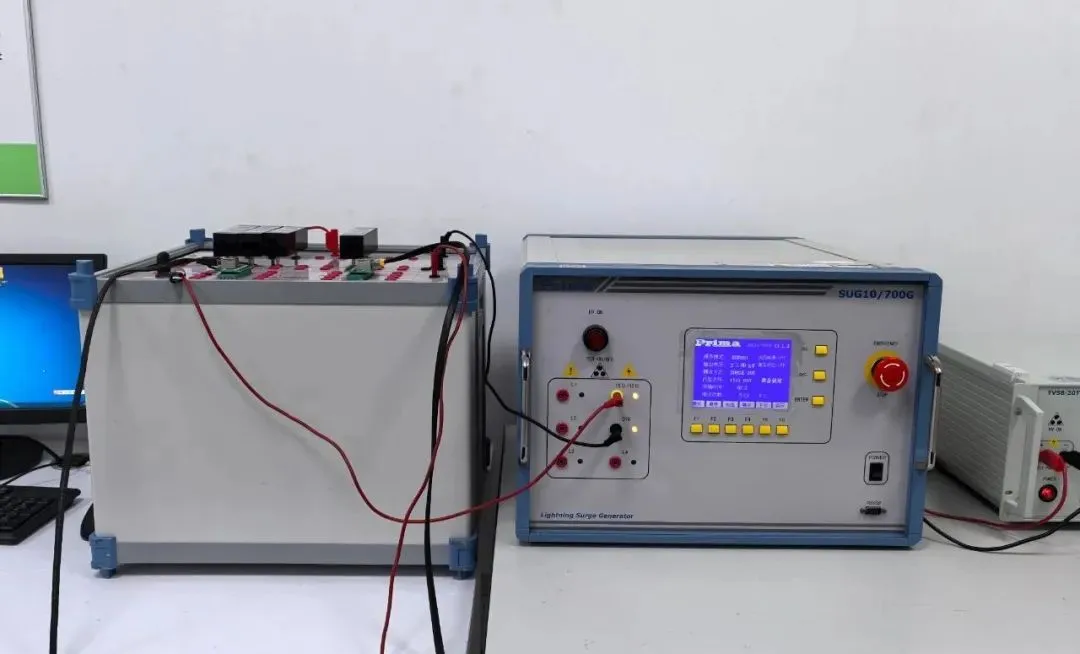
What are KCC Certification Requirements?
Introduction to kcc certification
KCC Certification, governed by the Korea Communications Commission (KCC), was originally known as Mic certification.
- In November 2008, the MIC mark transitioned to the kc certification mark.
- From JULy 1, 2012, EMC and Safety certifications are managed separately but remain under KC Certification.

Key Points:
- Products requiring Korean certification must obtain both:
- KC Safety Certificate
- KCC Certificate
- KCC Certification includes:
- KC EMC (Electromagnetic Compatibility)
- KC RF (Radio Frequency)
- Certification involves:
- Electromagnetic compatibility testing
- Wireless radio frequency testing
- Telecommunication testing
KCC Certification Schemes
1. Certification of Conformity
For products with telecom specifications.
2. Registration of Compatibility
For products with EMC/RF specifications.
3. Interim of Conformity
For products using new technologies that do not fit the above schemes.
Common KCC Certification Standards
- General EMC: KSC 9892, KSC 9835
- RF EMC: KSX 3124, KSX 3126
- RF: KSX 3123
KCC Certification Process
1. Confirm product specifications, quote, sample quantity, and sample requirements.
2. Ship samples to the JJR Lab in China for pre-testing.
3. After successful pre-testing, send samples to an RRA-authorized laboratory in Korea.
4. Upon successful testing in Korea, a corresponding report will be issued.
5. Submit the report to the RRA website for registration and certification issuance.
Sample Requirements
- Products without wireless functionality:
- General emc testing requires 2 normal units.
- Products with wireless functionality (e.g., WiFi, Bluetooth):
- General EMC, RF EMC, RF tests require:
- 2 normal units
- 1 unit with fixed frequency for conducted tests
- Products with telecommunication functions:
- SAR (Specific Absorption Rate) testing is usually requiRED.
- The exact sample quantity depends on the specifications.
Required Documents for KCC Certification
1. Application Form:
- Provided by the partnering laboratory.
- Must be signed and stamped by the applicant.
2. User Manual:
- Must be in English or Korean.
3. Specification Sheet:
- Should include RF/Telecom specification information (if applicable).
4. Business License:
- For the certificate holder.
5. Fixed Frequency Software:
- Required for testing.
Email:hello@jjrlab.com
Write your message here and send it to us
 Global Certification Guide for Lithium Batteries
Global Certification Guide for Lithium Batteries
 Compliance of Amazon 18650 Lithium Battery Product
Compliance of Amazon 18650 Lithium Battery Product
 What is CE Certification and EU Authorized Represe
What is CE Certification and EU Authorized Represe
 What Are the Lithium Battery Safety Tests?
What Are the Lithium Battery Safety Tests?
 What is the EN 61326-2-3 Standard?
What is the EN 61326-2-3 Standard?
 Why Do Smart Sockets Need IEC 60884 Certification?
Why Do Smart Sockets Need IEC 60884 Certification?
 Why Retest the Device if the 5G Module Already Has
Why Retest the Device if the 5G Module Already Has
 Overview of IEC 62087 Test Standard
Overview of IEC 62087 Test Standard
Leave us a message
24-hour online customer service at any time to respond, so that you worry!




